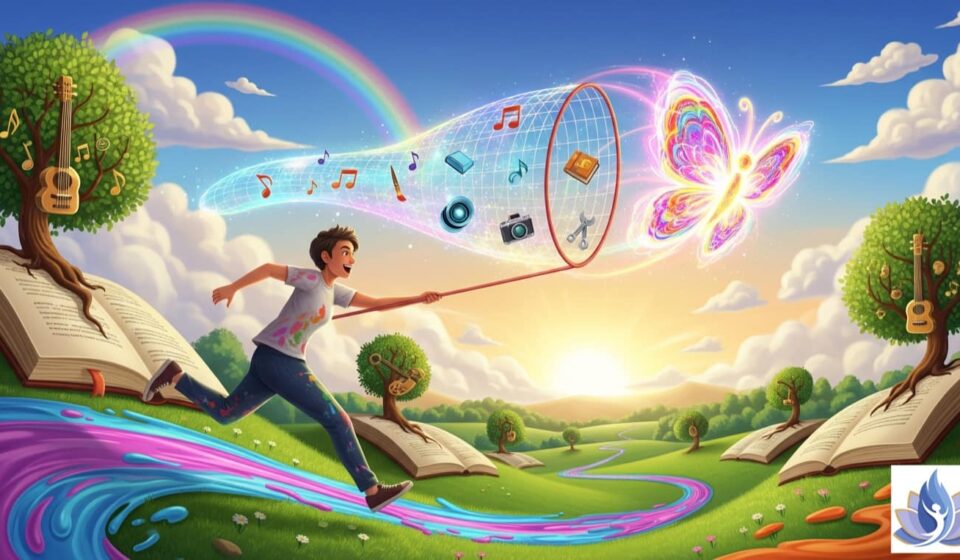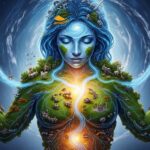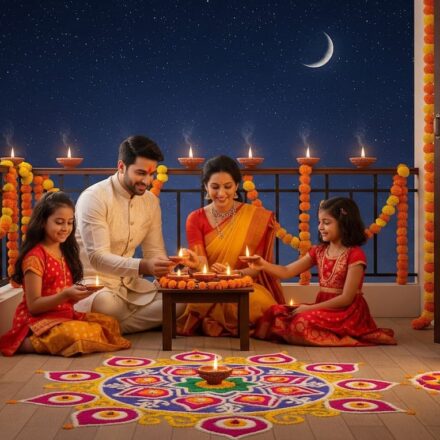
Shadows of the Unlived Life: Carl Jung, Hindu Wisdom, and the Inner Calling
Have you ever felt a nagging emptiness, a sense that something essential is missing from your life—even when everything seems ‘fine’ on the surface? Carl Jung, the legendary Swiss psychiatrist, captured this haunting feeling in his profound observation:
“The world is full of people suffering from the effects of their own unlived life. They become bitter, critical, or rigid, not because the world is cruel to them, but because they have betrayed their own inner possibilities… all of them suffer, because deep down they know: the life they mock is the life they were meant to live.”
Jung’s words pull back the curtain on a universal struggle—the pain of betraying our inner calling. But did you know that centuries before Jung, Hindu philosophy not only diagnosed this suffering but also outlined powerful remedies?
The Shadow of the Unlived Life
Jung argued that when we deny our true aspirations—whether it’s making art, loving bravely, or searching for meaning—we don’t simply “miss out.” Instead, we become haunted. Jealousy, bitterness, or cynicism are less about others’ successes and more about our ache for the road not taken.
This is strikingly similar to the Hindu concept of swadharma—one’s own path or true calling. In the Bhagavad Gita, Lord Krishna tells Arjuna:
श्रेयान्स्वधर्मो विगुण: परधर्मात्स्वनुष्ठितात् |
स्वधर्मे निधनं श्रेय: परधर्मो भयावह: || 35||śhreyān swa-dharmo viguṇaḥ para-dharmāt sv-anuṣhṭhitāt
swa-dharme nidhanaṁ śhreyaḥ para-dharmo bhayāvahaḥ
“It is better to live your own destiny imperfectly than to live an imitation of somebody else’s life with perfection.” (Bhagavad Gita 3.35)
Swadharma reminds us that each person has a unique potential, a “seed” inside waiting to bloom. Failing to honor it invites inner conflict and restlessness—what Jung called “the effects of the unlived life.”
The Disease of the Soul—and Its Cure
Both Jung and the Hindu sages recognized a hidden cost of neglecting our inner purpose: the soul itself grows sick. When an artist won’t create, or a thinker hides from philosophy, life becomes a half-truth. We become harsh, despairing, or rigid, projecting our disappointment onto those who dare live their dreams.
In Hindu thought, this is the pain of living in avidya—ignorance of our true Self. The Upanishads teach that our suffering stems not from outer circumstances, but from forgetting our essence and the subtle urges of our atman (soul).
The healing? Both Jung and Hindu wisdom propose courageous self-inquiry and action. “Know Thyself,” says the Upanishads. Jung, too, urges us to listen to the voice within—the “daemon”—and to shape our lives with authenticity and purpose, however imperfectly.
Embracing Your Dharma: A Call to Action
The journey isn’t easy. It asks us to face uncertainty and risk the vulnerability of real living. Yet, the reward is immense: self-acceptance, joy, and a sense of connection to the world.
So ask yourself: What unlived dream calls to you? What part of yourself have you kept on the shelf?
As Jung and Hindu sages agree, liberation starts when you start living—your life. The world needs what only you can bring.










